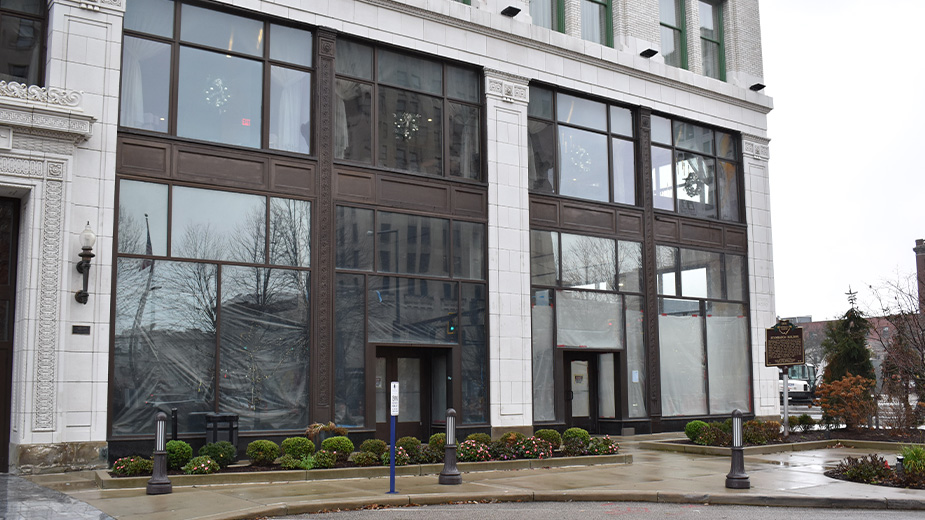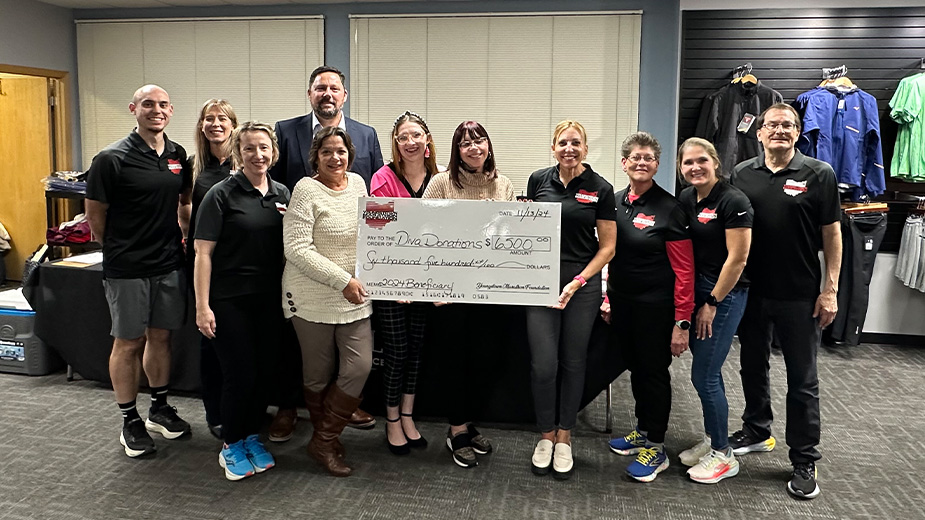MegaJoule Innovates Fuel Cell Advancements
CLEVELAND — MegaJoule Storage Inc. is preparing to take its products to market. The company is putting the financing together for its first manufacturing plant where it will assemble its fuel cells.
“One of the places that we’re looking at putting it is in the Mahoning Valley,” says Herb Crowther, president of MegaJoule. “It starts with one or two dozen people [but once demand grows], it would end up being 50 or a hundred people.”
MegaJoule, one of the companies in the Magnet incubator here, designs fuel cells used for stationary energy storage. The company has developed a commercial use of technology developed in Russia to come up with a cross between a lead acid battery and a capacitor.
“What matters to our customers is it has 10 times the life of a lead acid battery for about the same price to manufacture,” says Crowther.
The batteries can be recharged, or cycled, 5,000 times. If one were to cycle the battery everyday, a replacement wouldn’t be needed for a little over 13 1/2 years.
“We’ve added another design change that will probably double that,” Crowther says.
Dave Nestic, chief executive of regional operations at TBEIC (pronounced T-Bike) says making specialized equipment available to startups like MegaJoule is one of the missions of the incubator.
“It’s much easier for a startup to gain access to specialized equipment through us as opposed to some large institution,” Nestic says. “There’s lot’s of legal documents and it could take months to get access.”
Should that happen, the company would likely take up space in TBEIC, which could be one of the deciding factors in where it will build its plant.
“They’re good-paying assembly jobs, it’s a clean operation,” Crowther says, “and it has the potential to grow to be a very large business.”
One use for MegaJoule products is what’s called “day/night storage” where a customer would use its batteries to draw power from the grid during the night, when rates are lower, and then power its operations during the day. And, “if the grid fails, you have uninterrupted power,” Crowther says.
By spreading the demand for power around, MegaJoule fuel cells also ease the strain on the grid.
Another application is placing the batteries between renewable energy and the grid. Solar panels, for example, typically generate most of their power at solar noon. Use of air conditioning peaks around 4 p.m. when “the sun is at a lower angle and not at full power,” says Crowther.
By storing power until it’s needed, fuel cells remove the Achilles heel of renewable energy — unreliability.
“Storage makes renewable energy more valuable because it makes it reliable,” Crowther says.
The batteries are also used for industrial-scale uninterrupted power. A high-tech manufacturer that uses equipment controlled by a computer can’t afford a halt in production during a power outage.
“The grid is not becoming more reliable,” says Crowther. “It’s becoming less reliable because it’s coming to the end of its useful life.”
MegaJoule’s fuel cells are 48 volts and about the size of a car battery. A typical lead-acid battery is 12 volts.
If strung together, one cubic meter of batteries would produce enough energy to power three homes for five hours.
Inside MegaJoule offices a dozen or so of their newest designs are hooked to an Arbin flow battery tester to see how they’ll function in the field. Crowther says the Tech Belt Energy Innovation Center in Warren, is looking at purchasing a larger Arbin tester that MegaJoule could use.
Pictured: Herb Crowther, president of MegaJoule.
Copyright 2024 The Business Journal, Youngstown, Ohio.



